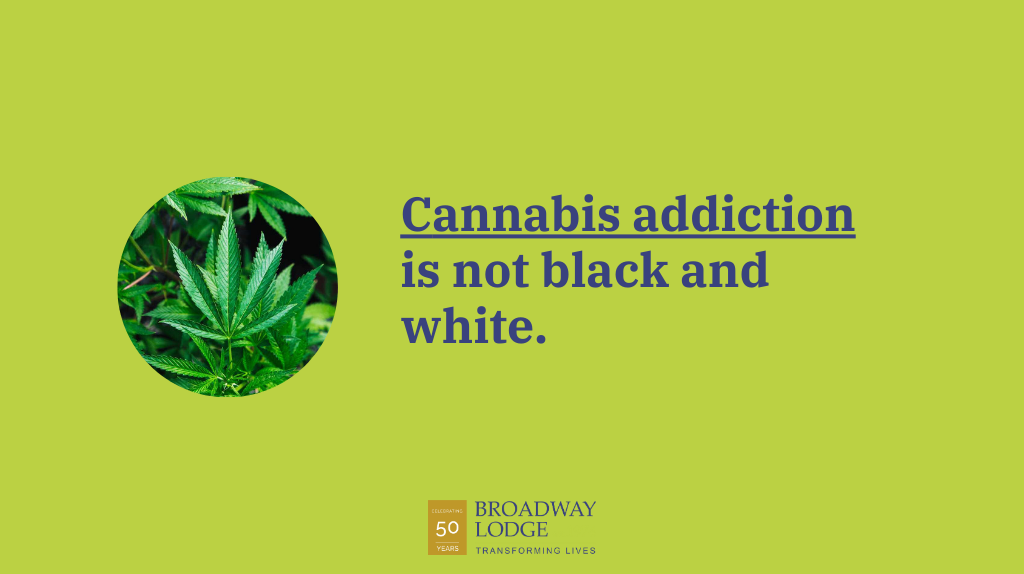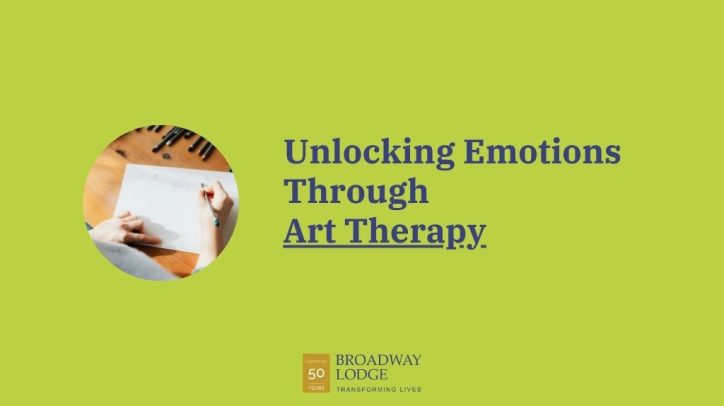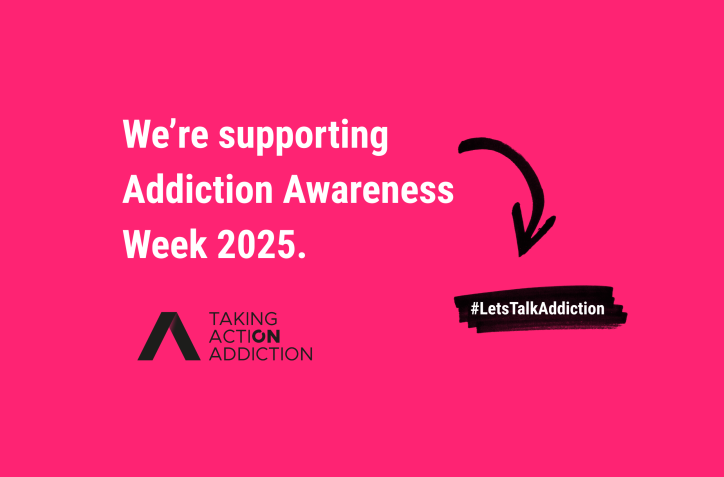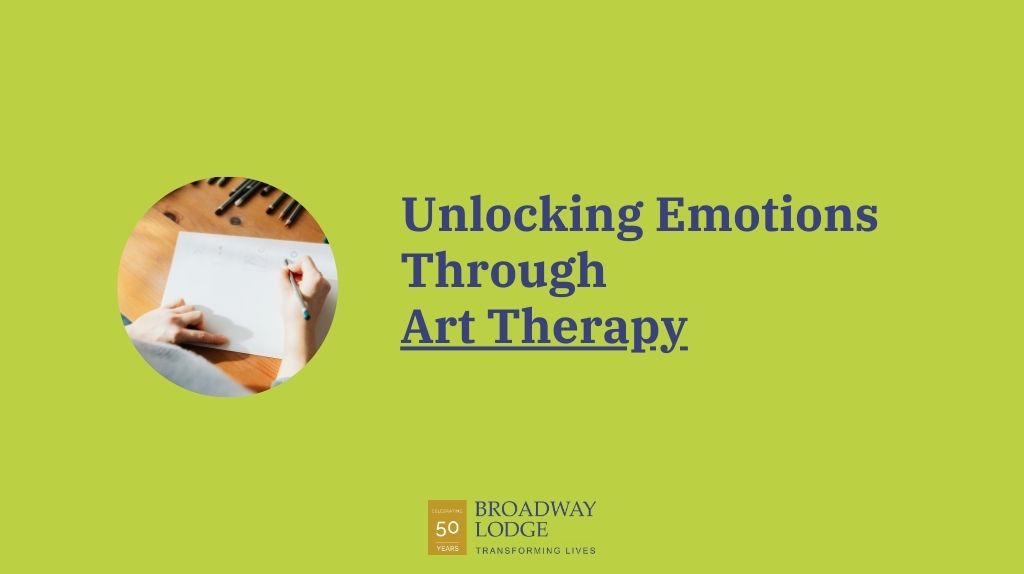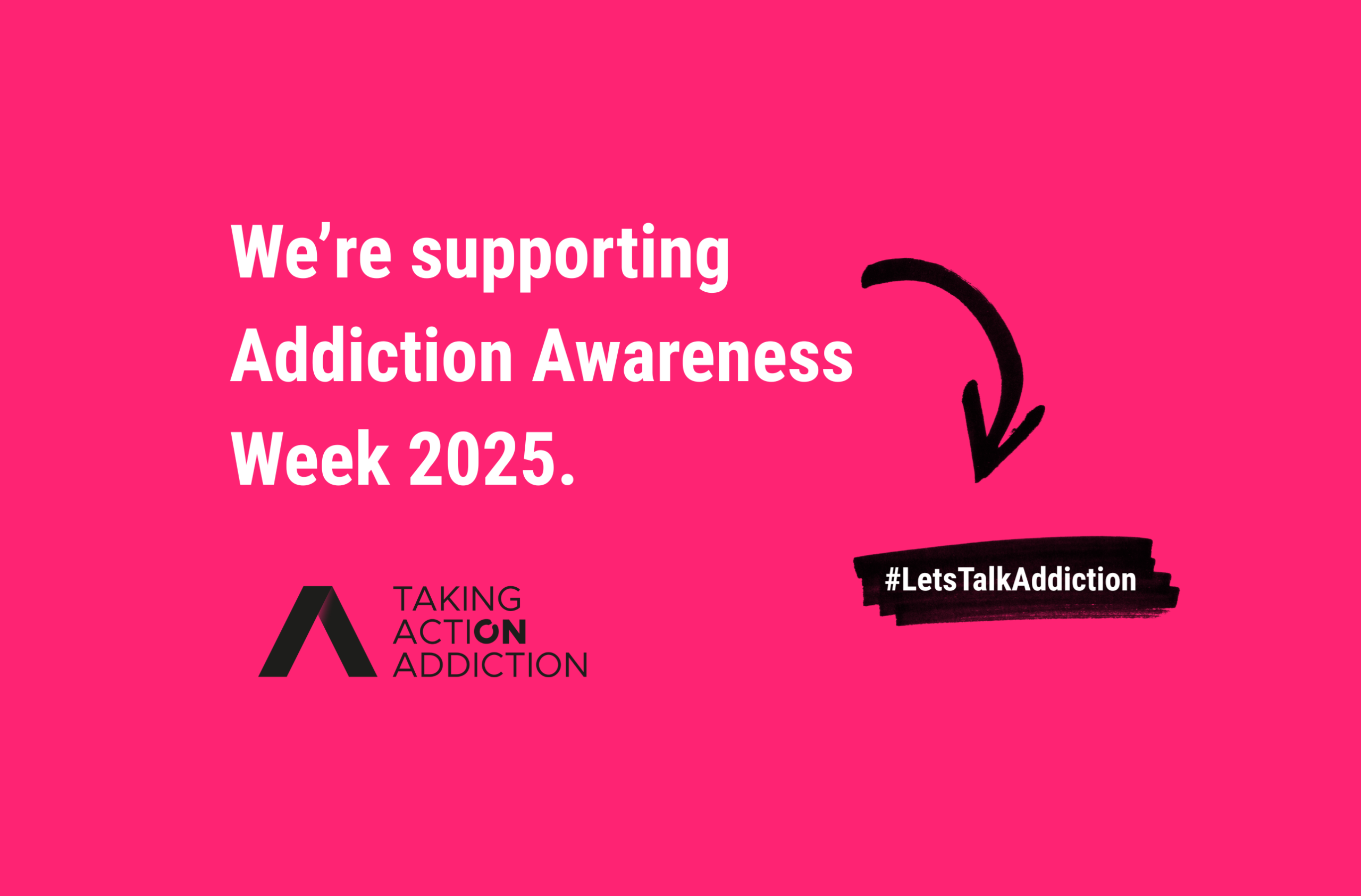Cannabis can cause psychological dependence, but not severe physical withdrawal symptoms.
Misuse potential exists, particularly for those with predispositions to addiction.
The debate over whether cannabis is addictive or not has been ongoing for years. With growing acceptance and legalisation in various parts of the world, understanding this issue is more important than ever. This blog post aims to shed light on the nature of cannabis addiction, exploring both sides of the argument with evidence-based insights.
Understanding cannabis use
To start, it’s essential to understand what cannabis is and how it interacts with the human body. Cannabis, often referred to as marijuana, is a psychoactive drug from the Cannabis plant. It contains compounds such as THC (tetrahydrocannabinol) and CBD (cannabidiol) that interact with the endocannabinoid system in our bodies, influencing mood, appetite, and pain sensation.
What is addiction?
Before diving into whether cannabis is addictive, let’s define addiction. Addiction is typically characterised by a compulsive need to use a substance, despite harmful consequences. It often involves both physical dependence, where the body adapts to the substance, and psychological dependence, where the individual feels an emotional need for it.
Key Points about addiction:
- Physical dependence: Can lead to withdrawal symptoms when the substance is not used.
- Psychological dependence: Affects mental health and can lead to behavioural issues.
The argument against cannabis addiction
Lack of severe withdrawal symptoms
Some doctors argue that because suddenly stopping cannabis use does not result in dangerous withdrawal symptoms, it cannot be classified as addictive in the same way as substances like alcohol or opioids. Withdrawal from cannabis might cause irritability, anxiety, and sleep disturbances, but these symptoms are generally mild compared to those associated with other drugs.
Scientific evidence:
- A study published in the Journal of Clinical Psychiatry found that cannabis withdrawal symptoms are mild and not life-threatening.
- Another research article in the Addiction Journal noted that less than 10% of cannabis users develop dependence.
The argument for cannabis addiction
Psychological dependence and misuse
While the body may not be severely affected by withdrawal, cannabis can still be misused. Individuals may become psychologically dependent on the effects of cannabis, using it as a coping mechanism for stress, anxiety, or other mental health issues. This psychological dependence can lead to patterns of behaviour that are characteristic of addiction.
Scientific evidence:
- The American Psychiatric Association includes Cannabis Use Disorder in the DSM-5, highlighting the potential for problematic use.
- Research from the National Institute on Drug Abuse indicates that about 30% of cannabis users may have some degree of Cannabis Use Disorder.
Balancing the debate
It’s crucial to balance the debate and understand that cannabis addiction is not as black-and-white as it may seem. While it may not cause severe physical dependence, the potential for psychological dependence and misuse cannot be ignored.
Individuals, especially those with a predisposition to addiction, should be cautious about their cannabis use. Family members and friends can play a vital role in recognising signs of misuse and providing support.
In conclusion, while the body doesn’t develop physical dependence to cannabis, it does have the potential for misuse and psychological dependence, the same as cocaine for instance. It’s essential to approach this topic with an open mind and rely on scientific evidence to make informed decisions. Whether you’re a user, a family member, or just someone interested in the topic, understanding the nuances of cannabis addiction can help foster a more informed and supportive community.
If you or someone you know is struggling with cannabis use, please get in touch to see how we can help.

